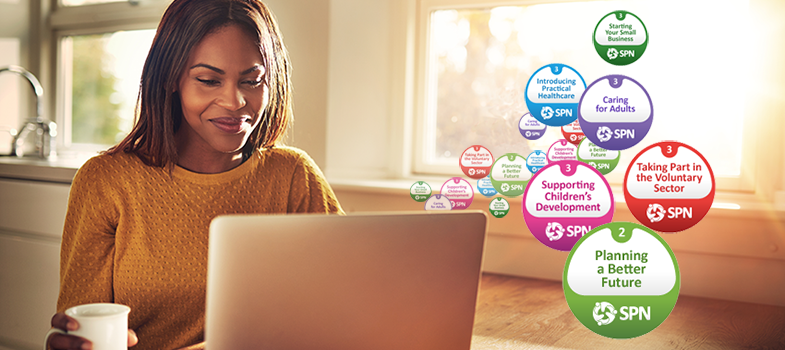Planning your impact
Voluntary organisations are often addressing urgent needs in the people they work with, for instance supporting someone with nowhere safe to sleep that night or someone who feels suicidal. It can be all too easy to get caught up in working with the people who come to you first or working in the way that your funders want or you have always done. It is important to take a step back and plan what difference you want to make so that you can make decisions about which work to take on.
The first stage of planning your impact is to be clear on who you are there to make a difference to. The people or animals who will benefit from a voluntary organisation’s work are referred to as the beneficiaries. Beneficiaries are often described in groups such as: ‘older people in Wolverhampton’ or ‘children and young people (6–16) with mitochondrial disease’. Being clear on who you are there to support helps you to focus on where to spend your resources.
You can then consider what difference you want to make to those people or animals. It is best to use words that express that a change has happened, such as: increased, reduced, more, less, higher, lower, greater or fewer. For example:
- reduced isolation among older people in Wolverhampton
- older people in Wolverhampton have a greater awareness of local services
- older people in Wolverhampton feel more confident to leave the house
When working out how to measure whether or not you have achieved the planned impact then you should think about what you could count, collect or observe as signs of that change. Finally, you work out the best way to gather that information and who should do it. For example:
| Impact we want | What we will count, collect or observe (signs of impact) | How we will gather information (methods) |
| Reduced isolation among older people in Wolverhampton. | Number of people that older people have spoken to in the last week. | Ask them by telephone before and after they attend our lunch club. |
| Older people in Wolverhampton have a greater awareness of local services and events. | Whether or not older people know about:
| Ask them by telephone before and after they attend our lunch club. |
| Older people in Wolverhampton feel more confident to leave the house. | How confident they say they feel on a scale of 1 to 10. How confident they seem when leaving the house. | Ask them by telephone before and after they attend our lunch club. Ask the volunteers who collect them what they think. |
4.2 Know, grow and show the difference you make
